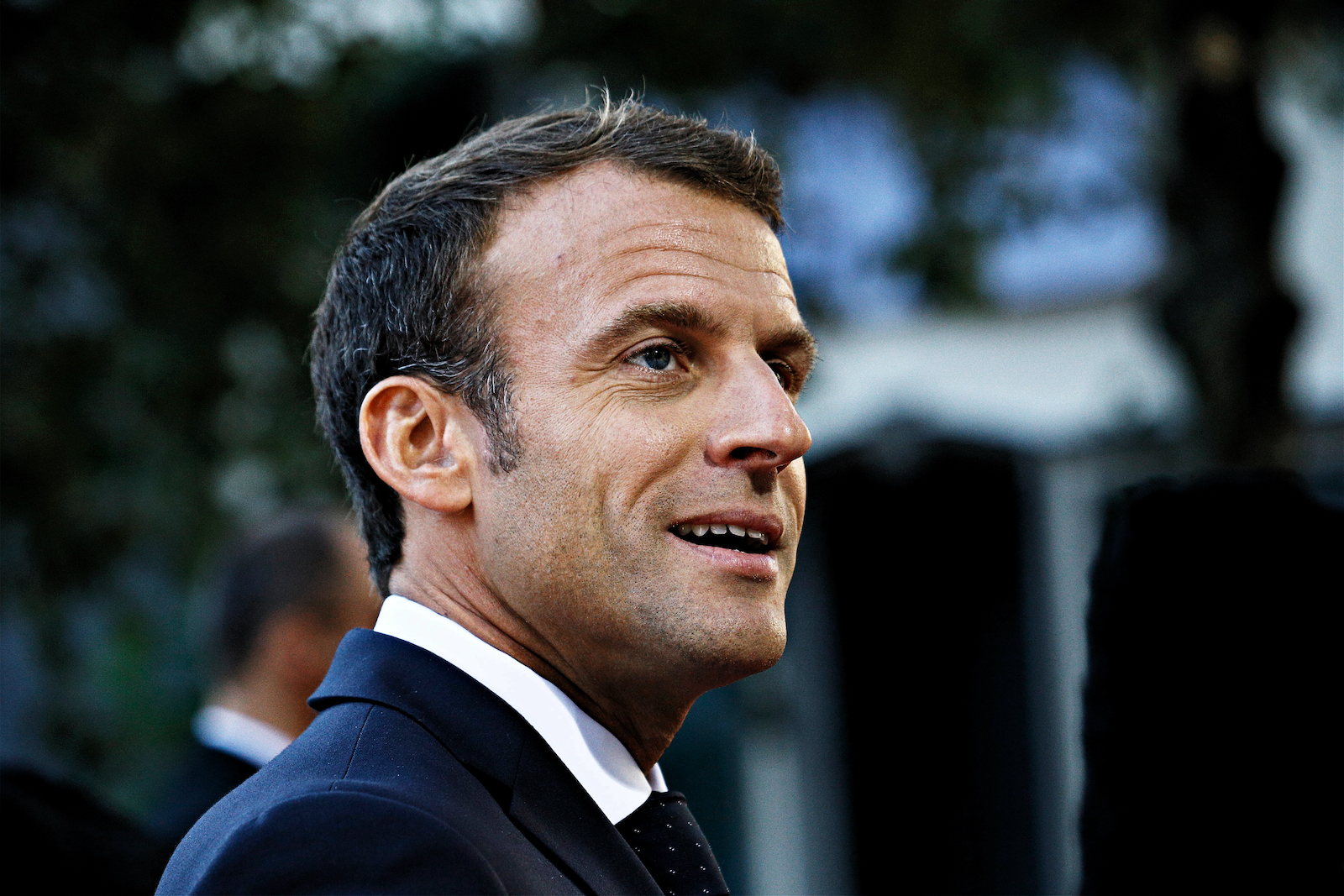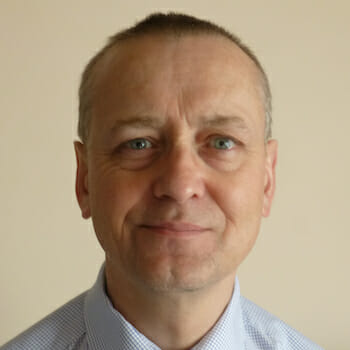
Can Macron’s ‘Pet Project’ Overcome its Teething Problems?
That is the pivotal question many are pondering as the European Political Community (EPC) convened for its third official meeting on October 5. The forum, comprised of 47 participating states, has elicited a lukewarm reception in specific quarters—a sentiment emblematic of the broader ambivalence toward this nascent intergovernmental initiative.
So, what exactly is the European Political Community?
At its core, the EPC is an audacious initiative piloted by French President Emmanuel Macron. It was Macron’s vision to inaugurate this particular forum, conceived in the aftermath of Russia’s invasion of Ukraine in February 2022. The EPC’s elevated aims include forging “a new realm of cooperation,” while simultaneously enhancing peace and security across nations.
Membership in this potentially transformative body encompasses all of the 27 European Union member states, as well as EU accession candidates like Albania, Montenegro, North Macedonia, Moldova, Serbia, Turkey, and Ukraine. In addition, prospective EU accession candidates such as Bosnia and Herzegovina, Georgia, and Kosovo have been included.
The forum has also found allies in other European nations, specifically Andorra, Armenia, Azerbaijan, Iceland, Liechtenstein, Monaco, Norway, San Marino, Switzerland, and the United Kingdom, which has been navigating its post-Brexit identity.
The EPC’s inaugural summit took place in Prague in October 2022, and its third meeting just concluded in the southern Spanish city of Granada.
When this new institution was initially floated, a contingent—primarily Eurosceptics—forecasted that the EPC signaled the forthcoming deconstruction of the European Union as historically understood. To put it bluntly, they argued that the EU had reached its expiration date and that the EPC was Macron’s stratagem for salvaging something substantial from its remains.
However, Macron and his cohorts adamantly argue to the contrary. They maintain that the EPC is designed to function in concord with the European Union, rather than serving as its substitute.
Therefore, the intriguing question that lingers is not one of supplanting, but of maturation and impact. Can this infantile endeavor, led by Macron, evolve into an institution capable of fulfilling its lofty ambitions? As the world observes, the future of this intriguing political experiment remains uncertain.
In the arcane corridors of European politics, the quality of an organization can often be gauged by the stature—and sheer volume—of its attendees. The European Political Community is a force to be reckoned with on that metric alone.
The EPC’s third summit, convened in Spain, was nothing short of a who’s-who of European governance. European Council President Charles Michel, European Commission President Ursula von der Leyen, and President of the European Parliament, Roberta Metsola, were among the luminaries joining countless prime ministers and heads of state. They assembled with a lofty agenda: to ponder how Europe could evolve into a more “resilient, prosperous, and geostrategically viable” entity.
But what, then, is the emerging consensus?
Politico was less than impressed, branding the Spanish summit a “shambles” lamenting it had ended in a “whimper.” Denis MacShane, Europe Minister in Tony Blair’s UK government, offers a more nuanced view. Describing the EPC as essentially a productive forum for dialogue, MacShane suggests that it could serve as an alternative route for post-communist states in the Western Balkans—much like it did for their post-fascist and post-communist European counterparts in decades past.
MacShane further argues that the EPC essentially provides a platform for the Prime Ministers of Albania, North Macedonia, and Kosovo—countries that could feasibly join the EU—to share the stage with EU heads of government, granting them a semblance of inclusion.
But the saga doesn’t end there. The most significant candidate is, undoubtedly, Ukraine, MacShane continues. While the EU dithers over the financial commitments needed for Ukrainian agriculture and ongoing struggles against corruption, the EPC at least offers President Volodymyr Zelensky a seat at a European, if not an EU, table, MacShane argues.
Details about the EPC’s organizational structure remain sketchy. Several prime ministers opted not to attend the gathering in Granada, an absence that begs questions about its perceived relevance.
Instead of focusing on the EPC’s grand vision, UK media were preoccupied with a tangential meeting between UK Prime Minister Rishi Sunak and his Italian counterpart, Giorgia Meloni, discussing immigration—a dialogue that yielded little in the way of substantial outcomes.
So where does this leave the EPC, Macron’s “pet project”? The answer is as layered as the European political landscape itself. While criticism abounds, and structural clarity is wanting, the EPC provides an experimental stage—a place for the multiplicity of Europe’s voices to be heard, and perhaps, for its myriad challenges to be met.
In September 2017, Emmanuel Macron stood at the podium of the Sorbonne, newly inaugurated as the president of France, and unveiled a sweeping foreign policy vision. His declaration? That the Western Balkans were destined to integrate into Europe.
MacShane, a seasoned observer of European politics, recalls that Macron’s initial zeal met the unforgiving wall of European reality. The French president soon discovered that many EU nations were less than enthusiastic about welcoming Western Balkan states into their circle. “[Macron] started dealing with reality and realised other EU member states had no desire to see West Balkan states sitting alongside them.”
“Somebody also told him Albania was Muslim and it would have been a big gift to Marine Le Pen (the French far-right leader) if Macron championed a big Muslim nation entering the EU,” MacShane notes.
Yet the story doesn’t end there. MacShane once advised the UK to join Macron’s European Policy Centre, describing it as a “modest reconnect after Brexit.” To his surprise, Liz Truss, then the UK’s premier, obliged—something Rishi Sunak has continued, swayed perhaps by the Foreign and Commonwealth Office.
Despite MacShane’s skepticism, other seasoned politicians like David McAllister, a center-right Member of the European Parliament and chairman of its Foreign Affairs Committee, see a brighter future. McAllister praises the EPC’s recent convening as an “opportunity for essential dialogue” among critical players amid grave global conflicts in Ukraine, the Western Balkans, and the Caucasus.
The forum, McAllister adds, allows leaders to engage in candid conversations “unhindered by an extensive agenda or the obligation to issue a concluding statement.” He asserts that the recent assembly of the EPC underscored the forum’s potential significance regarding EU expansion.
McAllister envisions that Montenegro, North Macedonia, Albania, Bosnia and Herzegovina, Moldova, and Ukraine stand a “serious” chance of eventually joining the EU. But before that can happen, he says, both candidate countries and existing EU institutions need robust reforms.
As Angela Merkel exited the political stage, Europe found itself yearning for unifying leadership in a world buffeted by the after-effects of Brexit and a global pandemic. Enter Macron, with his enduring ambition to reform the EU—a vision in which the EPC plays an integral part.
Still, not everyone is convinced. The forum’s recent meeting in Granada drew criticism for revealing, rather than mending, divisions among EU states. Claude Moraes, a former British MEP, went so far as to suggest that the EPC is “a failure waiting to happen.”
As stewardship of the EPC transitions from Spain to a post-Brexit UK—eager to keep “one foot in the European door”—questions linger. Can Macron’s forum withstand its initial hurdles, especially as serious unrest erupts once more in the Middle East? The answer remains uncertain, but what is clear is the urgent, unyielding need for international cooperation and dialogue.
